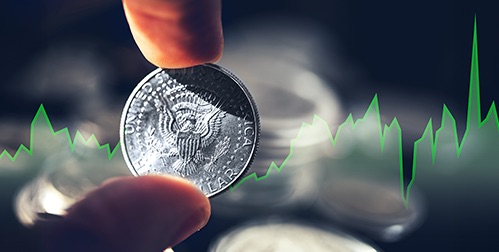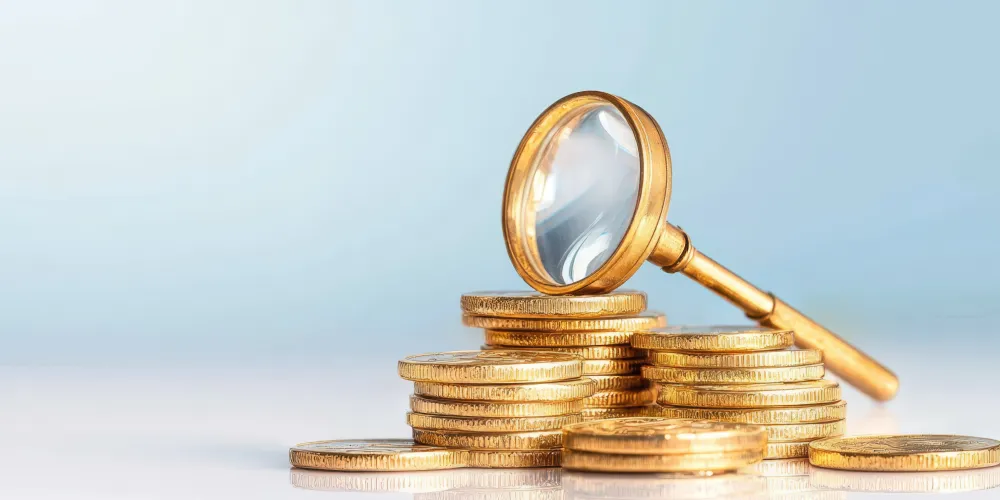- BRICS are actively working to reduce global reliance on the U.S. dollar through de-dollarization and digital payment systems.
- A weaker dollar could lead to higher inflation, rising interest rates, and economic instability in the U.S.
- Precious metals held in a Gold IRA can help protect savings against the risks of de-dollarization.
BRICS and De-dollarization
De-dollarization is accelerating, and with it, the threat to the U.S. economy. The BRICS bloc has long sought to challenge the U.S. dollar’s dominance. Both to shield their economies from a weaponized dollar and to unseat the U.S. as the global superpower. As the movement gains momentum, concerns are growing. Especially now that the BRICS are exploring ‘digital dollars’ to disrupt the current financial order. The BRICS are taking a long-term, steady approach to de-dollarization. But once they succeed, the consequences for the U.S. will be severe. Americans need to start thinking long-term too, which means preparing now.
Trump Fights De-Dollarization
President Trump made his stance clear on this issue. He claimed that the BRICS bloc was “dead” and threatened to impose tariffs of 150% on imports from BRICS nations for “playing games with the dollar.” He also warned that if BRICS countries proceeded with their plans, they would lose the opportunity to sell any of their assets to the United States. 1
BRICS Expansion
The BRICS bloc is continuing to expand its influence. Besides the original five members, the group has added Iran, Ethiopia, the UAE, Egypt, and Indonesia. Countries like Malaysia, Vietnam, and Thailand are now considered “partner countries.”
Together, it represents approximately 54.6% of the global population. 27% of the global nominal GDP and 36% of global GDP at Purchasing Power Parity (PPP). They occupy around 25% of the world’s total land area. BRICS has a significantly larger population and land area than the U.S. and Europe combined. The West may lead in nominal GDP but is comparable in GDP at PPP terms.2

3
A variety of factors are fueling de-dollarization. Countries like Russia, China, and Iran face the pressures of U.S. sanctions. Others, like Brazil, are motivated more by economic pragmatism than geopolitics. For years, the standard practice for international trade has been to first convert local currencies into U.S. dollars. Conduct the trade in dollars. And then convert back to the local currency. But this system can prove costly and inefficient. The BRICS nations are eager to find alternatives.
The Observa China think tank said, “The aim is to develop an alternative payment system allowing trade to be settled in local currencies, an idea that gains traction each time Washington imposes sanctions or exerts pressure on member states.”4
In fact, de-dollarization is already happening. Ninety five percent of trade between Russia and China is being conducted in rubles and yuan.
BRICS Goes Digital
The BRICS are taking major steps to build a new global financial infrastructure to rival the West. The bloc has created the New Development Bank as an alternative to the IMF. They see the IMF as a tool for Western control. The BRICS nations are also creating a secure global messaging platform to compete with SWIFT, the dominant network for international bank transfers.
One notable initiative is the creation of BRICS Pay. It’s a decentralized payment system developed by China and Russia. This system aims to unite the financial markets of BRICS member states. Increasing trade volume and helping transactions as a result. It uses digital financial assets (DFAs) like cryptocurrencies and tokenized gold. By adopting DFAs such as blockchain networks, BRICS can bypass Western sanctions. They are making a digital end run around the U.S. dollar’s influence in international trade.
Russia has expressed confidence in the long-term potential of this shift. As one Russian official noted, “We should not expect a huge leap forward… there is still a long way to go to gradually transition from payments in national currencies to the creation of a single BRICS currency.” The creation of a single BRICS currency may still be distant goal. But the groundwork for de-dollarization is already being laid.5

Consequences of De-Dollarization
If the U.S. dollar loses its status as the world’s primary reserve and trade currency, the consequences could be far-reaching. A weaker dollar could result in reduced global demand. Thereby driving up the cost of imports and leading to higher inflation. With more expensive imports, businesses and consumers would face increased costs. This could push the U.S. to raise interest rates to attract investors. However, higher rates would also increase borrowing costs, further challenging the U.S. economy.
Additionally, a weaker dollar could lead to economic instability. It can cause market volatility and uncertainty. The U.S. would also lose much of its economic leverage. Imposing sanctions or influencing global trade could become impossible.
Conclusion
The BRICS nations are steadily pursuing de-dollarization. And now, they are adopting digital assets to break the world financial system. The U.S. economy faces significant threats. A weakening dollar, higher inflation, and rising interest rates are all possible. And they all could have negative consequences for your savings and investments. To protect the value of your retirement funds during these uncertain times, consider putting your savings into physical precious metals. Held in a Gold IRA, they can help safeguard your financial future from the risks of de-dollarization. To learn more about how a Gold IRA can help secure your future, call 800-462-0071 today.

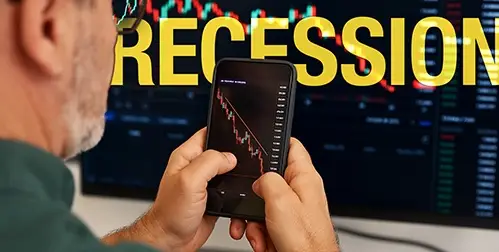

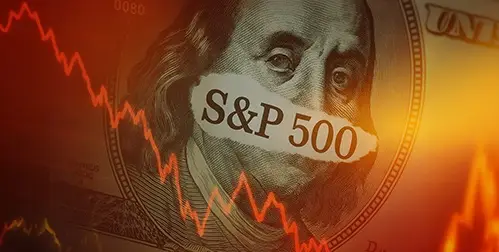

 3
3
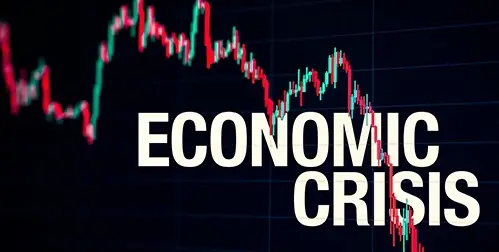

 1
1
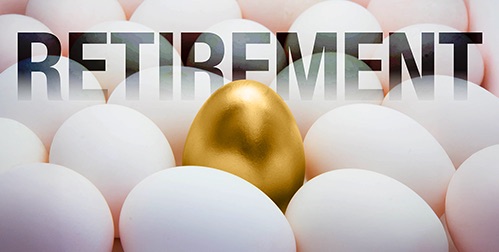

 3
3
